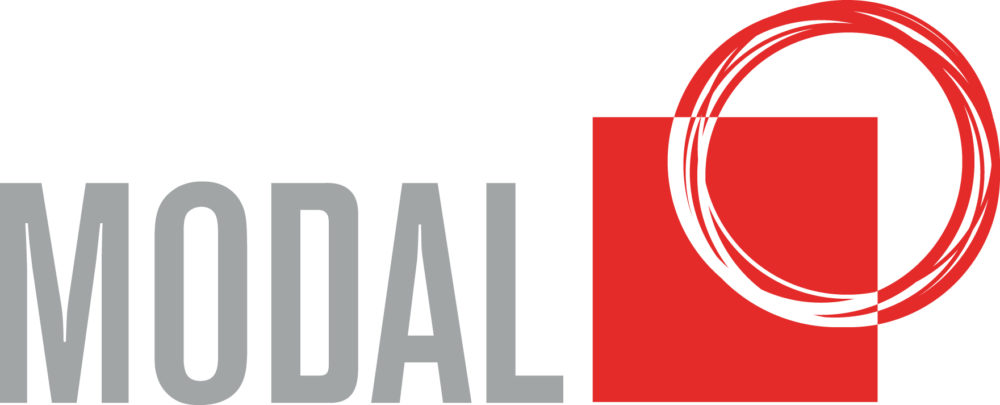What am I really asking? “Do we build teams as “Joint Tenants” or “Tenants in Common”?
In Australia we typically buy houses with someone as Joint Tenants, which means we are both 100% owners and both 100% liable for the mortgage. ‘I’ one hundred percent have your back, and ‘you’ one hundred percent have mine!
When it comes to teams, especially across business units, are we much more likely to adopt a “Tenants in Common” approach? My team takes fifty percent and your team takes fifty percent – we’ll trust each other and commit to holding each other accountable!
Lencioni’s first dysfunction in teams is a lack of vulnerability and it’s reflected in the differences above. When I’m a “Joint Tenant” I’m all in. You can run, hide, not pay, let me down – I’ll still pick up our collective share – it’s a big commitment and I am in your hands. When we’re “Tenants in common” I’ll look after my bit! You cover yours – and if it’s not working out – we might be tempted to start pointing fingers! Ever seen this in organisational teams? Why do organisational teams struggle to get vulnerable and really commit to each other?
As leaders, across organisations, one of our challenges is to help teams rely on each other more. This will require openness, trust, disclosure and, commitment to other people’s objectives not just our own. It means signing up for things that in the past, in hierarchical organisations, made us vulnerable in a negative way.
As organisations experience rapid change, teamwork will be critical. Teams working with teams will play a bigger role than ever before. In a way, organisations are like big houses with many rooms. If our room is part of a bigger house “Joint Tenancy” makes sense. We may spend more time in one room than another but, we generally need them all. Further, in a message lost on my daughters, if we help each other keep our rooms clean…the value of the house goes up!
My first month in my new team at MODAL has me excited about helping organisations develop the way their teams work together. If we succeed, we will see more “Joint Tenant teams” helping their organisations, and their people, adapt and grow.





